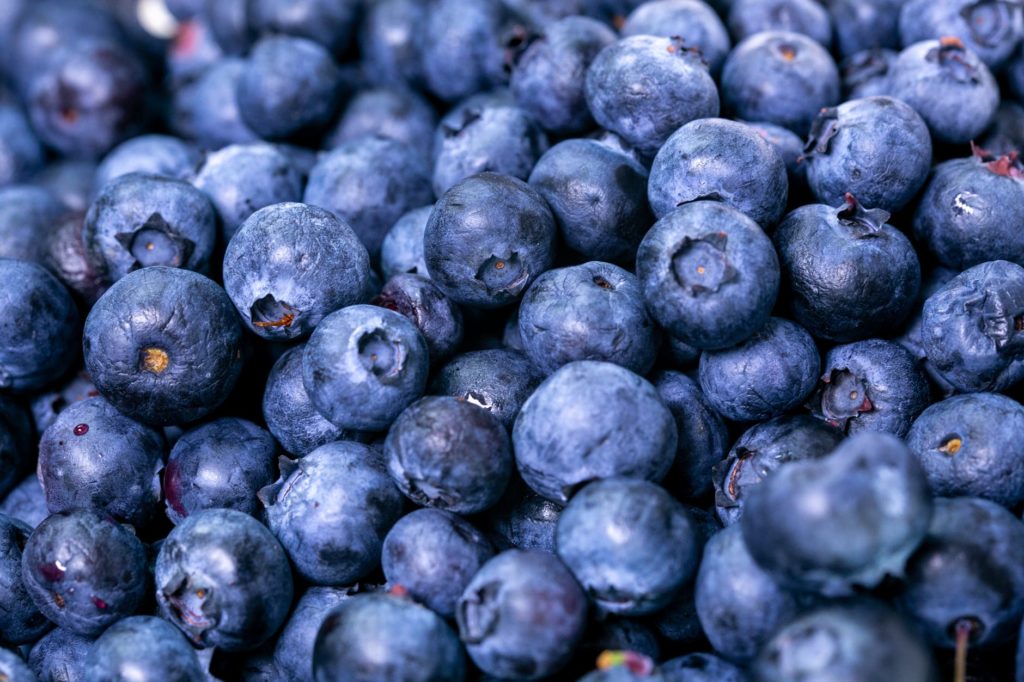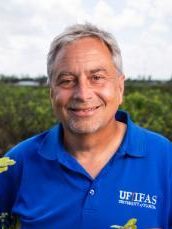By Clint Thompson
Florida blueberry growers should mark their calendars for various meetings scheduled this summer across the state.

University of Florida Institute of Food and Agricultural Sciences (UF/IFAS) has scheduled meetings for July 12 in Hardee County, July 14 in Lake County, July 19 in Polk County and July 21 in Alachua County. UF/IFAS scientists will address issues pertaining to blueberry production, including leaf rust management, chilli thrips and mite control and nutritional needs.
Doug Phillips, UF/IFAS blueberry Extension coordinator, discussed the importance of the meetings.

“The genesis or idea for these meetings, as I do these end-of-season surveys with growers across the state, one of the comments that kept coming up was we’d like to have some local meetings that not only have UF faculty presentations but also have opportunities for grower roundtables to discuss issues that are impacting them,” Phillips said. “That’s what got us interested in setting up those meetings. Try to do one in each region. There are some really good presentations.”
Phil Harmon, UF/IFAS professor, will discuss leaf rust management and the importance of fungicide selection. Peter Dittmar, UF/IFAS associate professor, will update herbicides that growers should consider. Oscar Liburd, UF/IFAS professor and program leader, will discuss management options for the control of chilli thrips and mites. Gerardo Nunez, UF/IFAS assistant professor, will focus on the crop’s nutritional needs and, along with colleague Jeff Williamson, will talk about using hydrogen cyanamide in subtropical production.
“There’s some new stuff. There’s some stuff that focuses on the diseases and insects that are most important to Florida blueberry growers. We’re also going to have an open Q-and-A, so it gives an opportunity for growers to ask what they’re struggling with and get these faculty guys involved in responding to that as well as create an environment for the growers to discuss the issues that they’ve got among each other,” Phillips said. “What are their colleagues doing on these particular issues and has it been successful or not?”









